Six years ago, two Bengaluru youngsters undertook a rather aimless journey in the north-East of India and found themselves in an extremely remote village called Gandhigram in Arunachal Pradesh. Completely cut-off from the mainstream world, the village is nestled in the bountiful jungles of the Eastern Himalayas but had no electricity at all until some time back.
Thanks to that visit, 254 homes in and around the village are now lit up – with solar lights – for the first time.
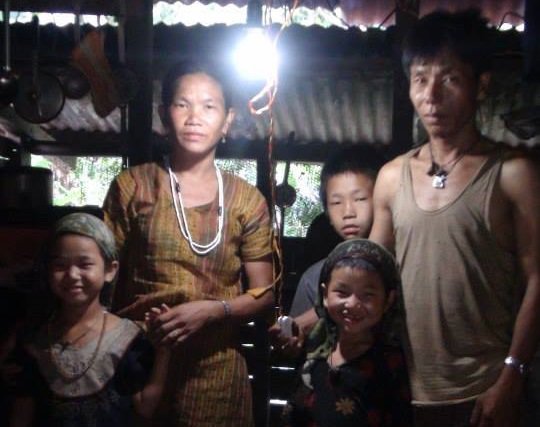
All this because of an awesome Batti project which the youngsters started along with about ten more friends from Bengaluru. The group anyway was into social good under an action group called ‘Further and Beyond’. Their Batti project, however, is their most ambitious project of late.
Their mantra is simple – to connect those in need with those willing to help with the ‘bottom of the pyramid’ approach.
“We were completely blown over by the hospitality and warmth of the tribals on our very first visit. We decided to visit them next year again as they invited us for Christmas. As a gesture of respect and gratitude towards them, we decided to gift them solar-powered lights as the village had never seen electricity,” Merwyn Coutinho, co-founder of the group who quit his lucrative corporate job in Mumbai to pursue his passion, told ScoopWhoop.
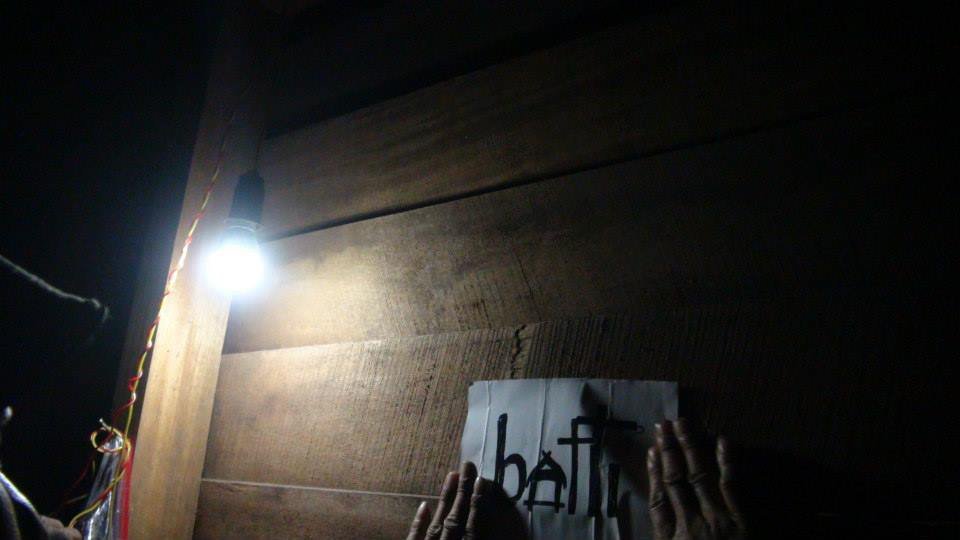
“We never realised how that gesture mushroomed into a full grown project and, in 2012, we started the Batti project,” he added.
And here is what they do. The group makes a list of villages which need to be lit up. They raise funds for the cause through online as well as offline campaigns. “Our pilot project which happened in 2012 was done entirely with the support of family and friends. After that we organised various fundraising campaigns in the city and successfully managed to pull off two other projects in 2013 and 2015,” said Rajiv Rathod, one of the co-founders who calls himself an ‘engineering walkout’.
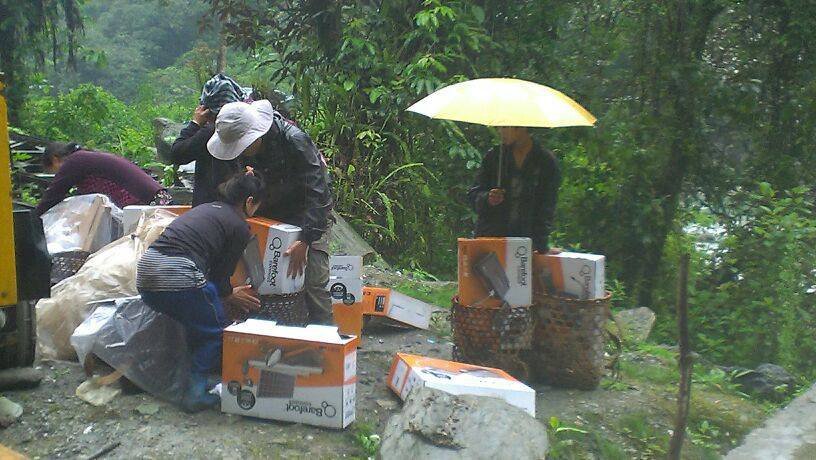
The solar-powered kits are directly procured from Barefoot Power, an Australian manufacturing firm.
As much as it is difficult to raise money for the project, it is equally tough to transport the products to the villages which they do all by themselves.
“The village which is located between thick forests is completely cut-off from the mainstream world. One has to walk for six days from the nearest town Miaa to reach there. So it is extremely difficult to transport them in such a tough terrain,” said Coutinho.
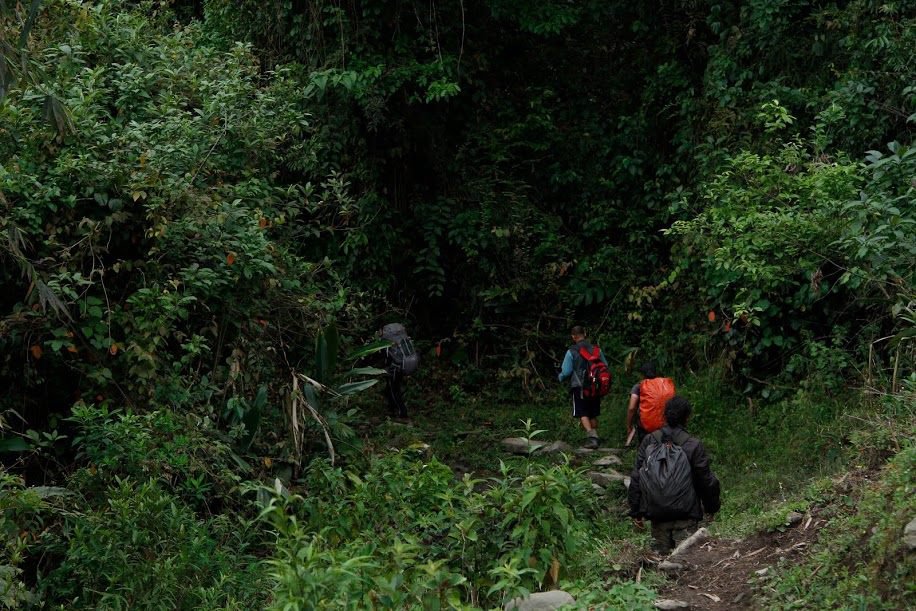
One thing which they are very particular about is distribution and installation. As they themselves transport and dispatch the products, the tribals enthusiastically collaborate with them with their manpower. “The idea behind doing everything by ourselves is to bring a sense of responsibility among us,” Rathod said.
They also make it a point to install the lights themselves and also train the tribals how to use it. “Since the village is completely cut-off from the mainstream world, they had to be taught even how to switch on a light,” he added.
The Batti Project aims to light up 5,000 homes in the coming years.
The group has started two campaigns to raise funds for the project:
- In 2015, they started the e-waste collection campaign in Bengaluru wherein volunteers go around the city collecting e-waste from people. The products which get collected are up-cycled. If they are completely unfit for use, they are recycled, their plastic and metal gets extracted and is sold. The proceeds from the campaign is put into the project. “The response to this campaign is overwhelming. People wholeheartedly donate their outdated gadgets and gizmos as it helps them get rid of their ‘waste’. It serves another purpose because we make sure that the e-waste doesn’t end up at landfill sites which can prove hazardous for the environment,” said Dhruv Ghosh, one of the team members.
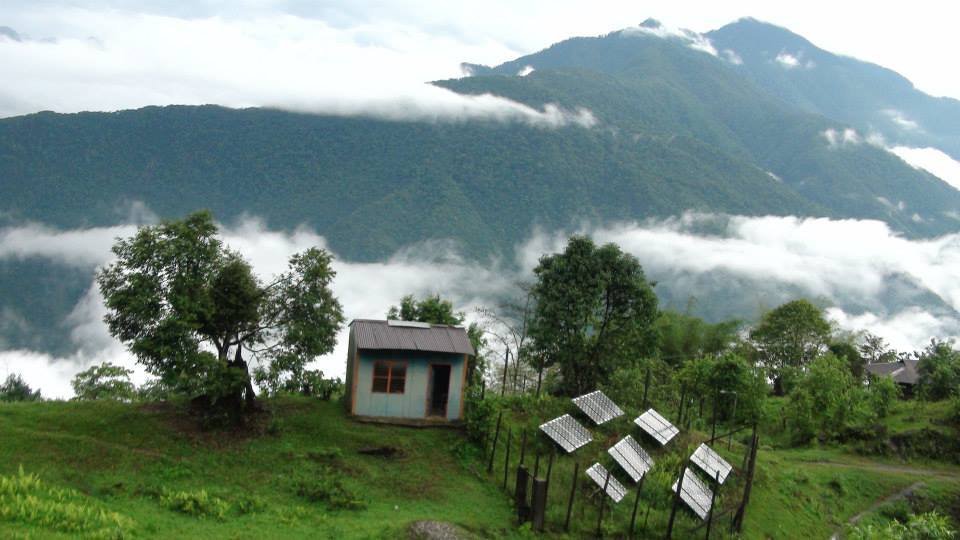
- In 2016, they started Ride To Light campaign, an 11 day-300 km cycling fundraising event in the Dibang Valley of Arunachal Pradesh. The impact of the project in the lives of the people have been highly significant. Earlier all the activities of the tribals were restricted to the fireplace. Now with adequate lighting, they are easily able to work after sunset.”Kids can now study at all times while homemakers can cook in peace. We are happy to say that we have brought light into their lives,” said Rathod.
(All images sourced from Facebook| The Batti Project)

















